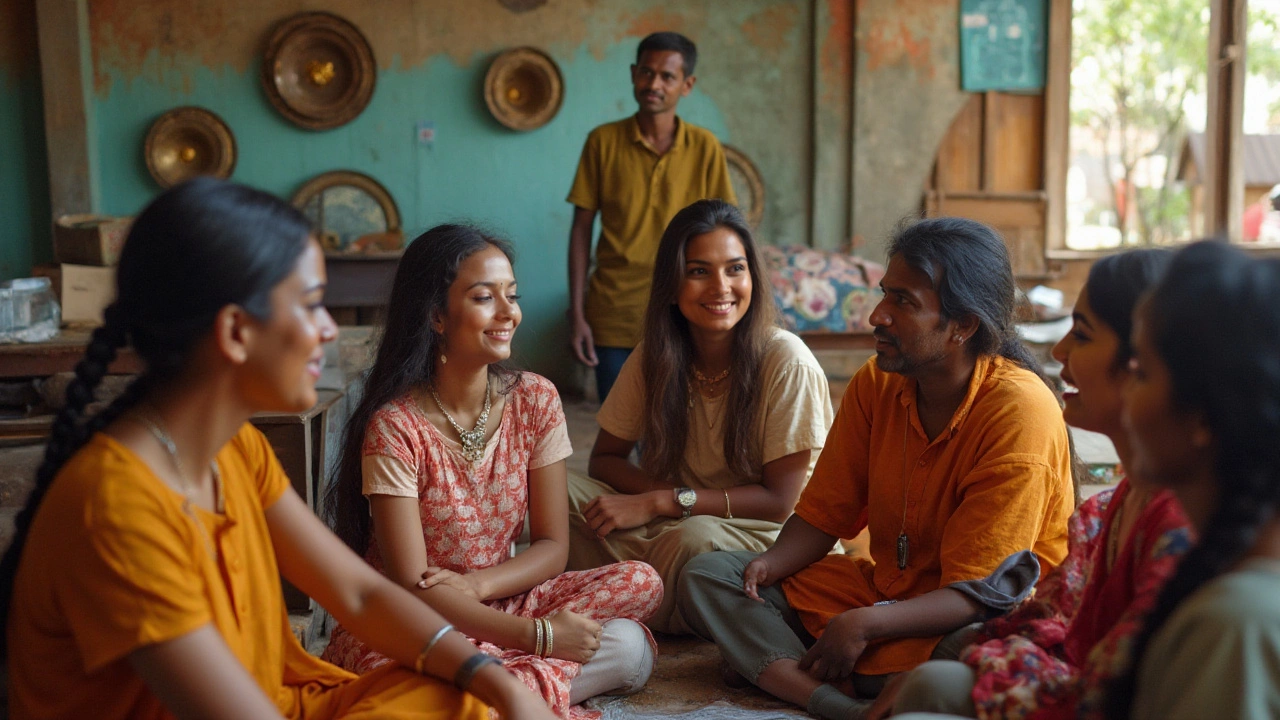Volunteer Skills: How to Grow Them for Real Impact
Ever wondered why some volunteers seem to get things done while others struggle? It usually comes down to a handful of practical skills. You don’t need a fancy degree or super‑human stamina—just a clear set of abilities you can practice, improve, and showcase. Below you’ll find the most useful skills for every volunteer and easy ways to level them up.
Core Skills Every Volunteer Needs
1. Communication – Whether you’re handing out flyers, talking to a sponsor, or reporting back to a team, clear speech and good listening are key. Simple tricks like summarizing what someone said before you respond can prevent misunderstandings.
2. Organization – Volunteers often juggle shifts, event dates, and supply lists. Using a free tool like Google Calendar or a checklist app keeps you on track and shows leaders you’re reliable.
3. Problem‑solving – Things don’t always go as planned—last‑minute venue changes, missing volunteers, rain on a park event. Ask yourself, “What’s the biggest obstacle right now?” and brainstorm two quick fixes. This habit turns chaos into confidence.
4. Empathy – You’ll meet people from many backgrounds. Listening without judging and acknowledging feelings builds trust faster than any brochure.
5. Teamwork – No volunteer works in a vacuum. Share updates, ask for help, and celebrate small wins together. A quick “Thanks for covering that shift” can boost morale.
How to Build and Show Your Skills
Start small. Choose one skill—say communication—and set a micro‑goal: talk to three new people at your next event. After each conversation, jot down what went well and what could improve. Review the notes weekly and adjust.
Take advantage of free training. Many NGOs offer short webinars on fundraising, event planning, or digital tools. Completing one and adding the certificate to your volunteer profile signals commitment.
Document your experience. Create a simple spreadsheet with columns for date, activity, skill used, and outcome. Over a month you’ll see patterns, like “I’m great at organizing but need more confidence in public speaking.” Use those insights to seek specific roles—perhaps shift from behind‑the‑scenes logistics to leading a community workshop.Ask for feedback. A quick email to your coordinator asking, “What could I improve on this project?” shows initiative and provides concrete tips.
Showcase your growth on social media or a personal site. A short post like, “Managed a team of 10 volunteers for a food‑drive, raising 200 kg of supplies,” highlights both leadership and impact.
Remember, skills are a two‑way street. While you’re giving your time, you’re also gaining experience that looks great on résumés and LinkedIn. Treat every task—whether handing out flyers or setting up tables—as a chance to sharpen a skill.
Finally, stay curious. New community projects often need fresh ideas. If you notice a gap (like lacking a digital sign‑up form), suggest a solution. Taking initiative not only helps the organization but also deepens your own skill set.
Volunteer work is a learning playground. Focus on a few core abilities, practice them in real situations, and keep a record of what you’ve achieved. Before long, you’ll notice you’re not just helping others—you’re also building a stronger, more marketable you.
Traits of a Perfect Volunteer: A Comprehensive Guide
An ideal volunteer embodies a mix of empathy, dependability, and passion, ready to use their unique skills for the common good. Volunteer opportunities abound in various sectors, and identifying the perfect roles involves understanding the traits that make an effective volunteer. This guide explores these qualities, offers insights into how to develop them, and examines the positive impact volunteering can have both personally and in the community.
Read More